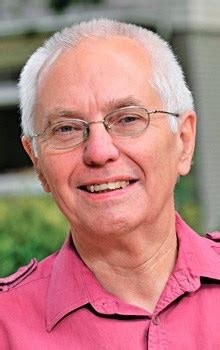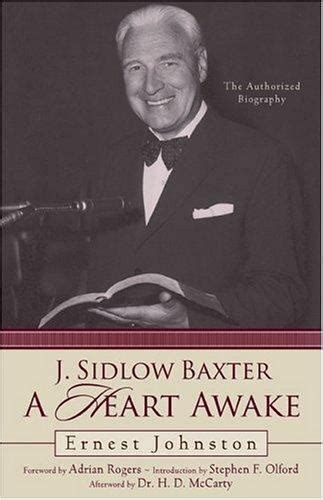A Quote by Annie Besant
Isaiah is by far the finest and least objectionable of the seventeen prophets whose supposed productions form the latter part of the Old Testament. A distinctly higher moral tone appears in the writings called by his name, and this is especially noticeable in the 'Second Isaiah,' who wrote after the Babylonish captivity.
Related Quotes
The Prophets Isaiah and Ezekiel dined with me, and I asked them how they dared so roundly to assert, that God spoke to them; and whether they did not think at the time, that they would be misunderstood, & so be the cause of imposition. Isaiah answer'd, I saw no God, nor heard any, in a finite organical perception; but my senses discover'd the infinite in every thing, and as I was then persuaded, & remain confirm'd; that the voice of honest indignation is the voice of God, I cared not for consequences but wrote.
The generation of Isaiah did not require the detailed description; his account, "I saw the Lord," &c., sufficed. The generation of the Babylonian exile wanted to learn all the details. ...Isaiah was so familiar with it that he did not consider it necessary to communicate it to others as a new thing, especially as it was well known to the intelligent.
The Bible is a collection of writings by lots of different people written over maybe a thousand years, from a number of centuries before Jesus to a century after Jesus. I often like to refer to it as "the Scriptures" to make that point about it being lots of writings that were originally separate. What these writings have in common is that "the Old Testament" is writings that grabbed the Jewish people; writings that convinced them that they were God's word to them. And "the New Testament" is writings that grabbed people who believed in Jesus in the same way.
Friendship exhibits a glorious "nearness by resemblance" to Heaven itself where the very multitude of the blessed (which no man can number) increases the fruition which each has of God. For every soul, seeing Him in her own way, doubtless communicates that unique vision to all the rest. That, says an old author, is why the Seraphim in Isaiah's vision are crying "Holy, Holy, Holy" to one another (Isaiah VI, 3). The more we thus share the Heavenly Bread between us, the more we shall all have.
It's not as if the New Testament writers came along and said, "The culmination of Old Testament books is more books, New Testament books." In some ways they thought instead of the culmination of Old Testament books being Christ himself, the word incarnate as the opening verses of Hebrews 1 put it. In the past God spoke to the fathers by the prophets, but in these last days he has spoken to us by his son and the son is revelation.
If the modern spirit, whatever that may be, is disinclined towards taking the Lord's word at its face value (as I hear is the case), we may observe that Isaiah's testimony to the character of the masses has strong collateral support from respectable Gentile authority. Plato lived into the administration of Eubulus, when Athens was at the peak of its jazz-and-paper era, and he speaks of the Athenian masses with all Isaiah's fervency, even comparing them to a herd of ravenous wild beasts.








































